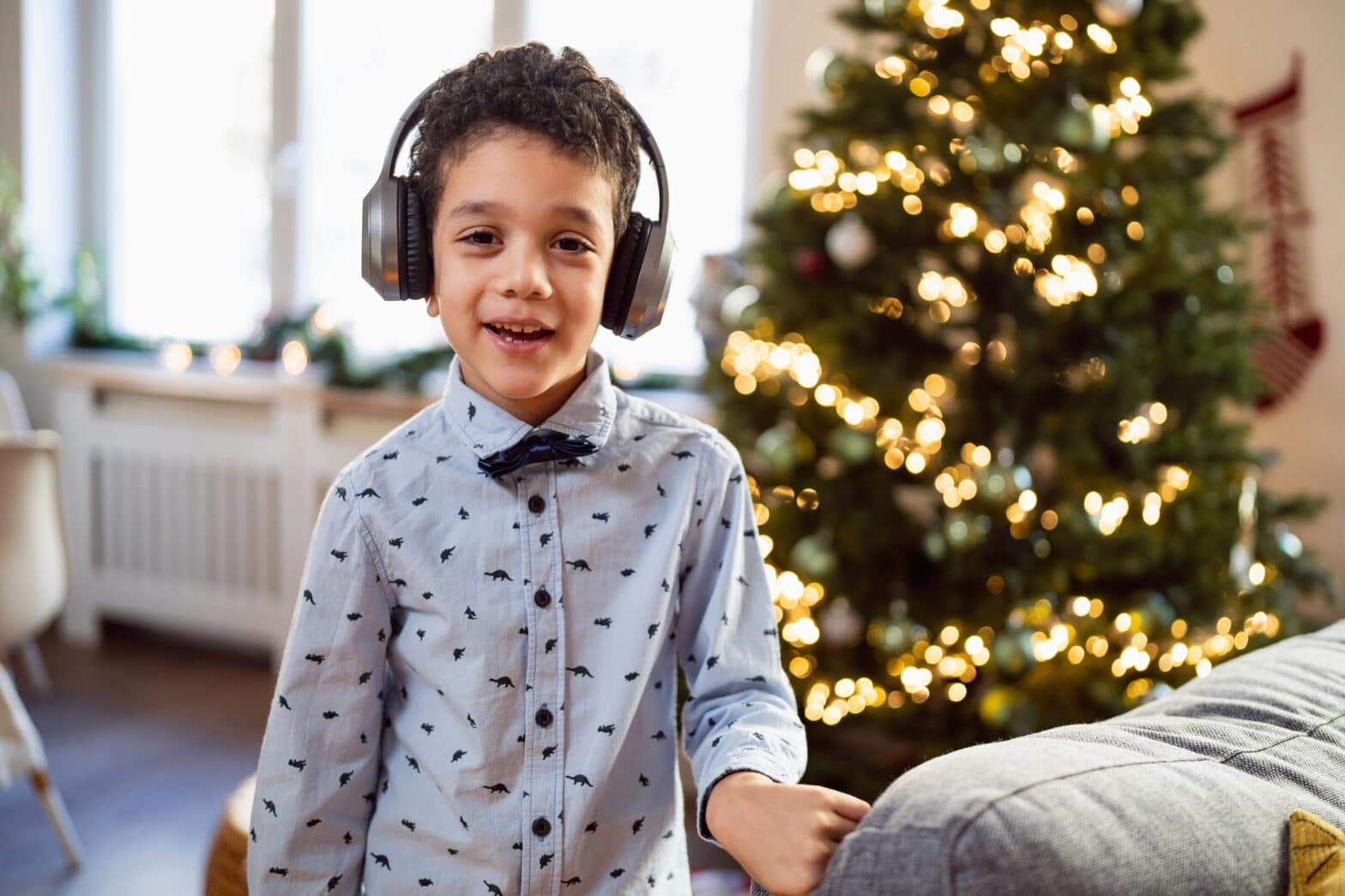ABA Strategies for Reducing Holiday Stress in Kids with Autism

The holiday season is often filled with joy, traditions, and family gatherings, but it can also bring unique challenges for kids with autism. Changes in routine, unfamiliar environments, and social expectations may create stress that feels overwhelming. For many families, using ABA therapy strategies can provide a gentle and structured way to navigate these moments, helping children feel safe and supported.
Applied Behavior Analysis (ABA) is not just a therapy for autism; it is a framework for understanding how children learn, adapt, and respond to their surroundings. When applied thoughtfully, ABA strategies for autism can turn the holidays into a more positive and predictable experience for the entire family.
Why Holidays Can Feel Overwhelming for Kids with Autism
Children thrive on familiarity, and sudden changes can sometimes feel like disruptions rather than celebrations. Holiday events often bring:
- Different schedules (no school, later bedtimes, travel)
- New or unfamiliar foods
- Loud gatherings with lots of sensory input
- Unpredictable interactions with extended family or guests
For kids with autism, these elements may increase stress or anxiety. Parents may notice changes in behavior, meltdowns, or withdrawal from activities. Understanding these triggers is the first step in choosing effective ABA strategies to reduce stress.
Using ABA Therapy Strategies for a Calmer Holiday
Families can lean on ABA therapy for children to prepare for the season and create a supportive environment. Below are gentle, practical ideas rooted in ABA that can make a meaningful difference.
Prepare with Visual Supports
Visual schedules or social stories are powerful tools. You can create a calendar with pictures that outline upcoming events, like decorating the tree, visiting grandparents, or attending a holiday party. This helps kids with autism know what to expect and reduces anxiety about the unknown.
Practice New Experiences Ahead of Time
If a large holiday dinner is planned, practice elements at home first. For example, role-play greeting family members or rehearse sitting at the table for a short period. Breaking down tasks into manageable steps, a core element of ABA therapy strategies, helps children build confidence.
Use Positive Reinforcement
Acknowledging small successes during stressful moments can go a long way. Whether it’s trying a new food or staying calm in a noisy room, offering praise or a small reward reinforces coping skills. Positive reinforcement is a cornerstone of ABA strategies for autism and helps children feel encouraged.
Maintain Familiar Routines Whenever Possible
Even during busy holidays, try to keep consistent mealtimes, sleep schedules, and preferred activities. Routine anchors children and provides a sense of security, making it easier to handle changes in other areas.
Create Calm Spaces
Designating a quiet room or corner can give kids with autism a safe place to retreat when they feel overwhelmed. Include familiar items like a blanket, favorite toy, or calming sensory tools. With ABA therapy for children, teaching a child to recognize when they need a break is an important skill for managing stress.
Gentle Approaches for Common Holiday Challenges
While every child’s needs are unique, here are a few situations where ABA strategies can ease stress:
- Gift Giving: Role-play both giving and receiving gifts so the child knows what to expect. Reinforce polite responses with gentle praise.
- Traveling: Prepare by using a visual schedule of the trip. Bring comfort items and plan breaks to reduce anxiety.
- Holiday Meals: Encourage trying small bites of new foods paired with favorites. Use positive reinforcement for effort, not just results.
- Social Gatherings: Teach simple scripts for greetings or goodbyes. Break down social tasks into small, manageable steps.
These strategies not only reduce stress but also help children practice important life skills in real-world settings.
How ABA Therapy for Children Supports Families Year-Round
While holidays can highlight the challenges kids with autism face, ABA therapy offers support far beyond seasonal events. Full-time ABA day programs and part-time focused sessions give families structured opportunities to practice coping skills, communication, and independence in a safe environment.
In ABA centers, children learn strategies that prepare them for everyday life as well as special occasions like holidays. Caregivers also gain valuable tools they can apply at home, during family traditions, or in community settings.
Supporting Kids with Autism Through Compassion
Above all, holidays should be about connection and joy. Using ABA strategies to reduce stress allows children to participate at their own pace, in ways that feel comfortable. It’s important for caregivers to remain flexible, celebrate small steps forward, and remember that every child’s journey is unique.
Gentle preparation, consistent support, and patience go a long way in creating a holiday season where kids with autism can thrive. Families who integrate ABA therapy strategies often find that with time, traditions become less overwhelming and more enjoyable for everyone.
Creating Joyful Holidays with ABA Strategies at Empower Behavioral Health
Holiday stress doesn’t have to overshadow the season. With thoughtful planning and the supportive framework of ABA strategies for autism, families can build traditions that are both meaningful and manageable.
If you are exploring ways to help your child feel more confident during the holidays and beyond, Empower Behavioral Health is here to support you. Our team specializes in ABA therapy services for children, offering both full-time ABA day programs and part-time focused ABA therapy across our centers in Texas. Reach out to us today to explore ABA strategies that bring comfort, growth, and confidence to your child this holiday season.

